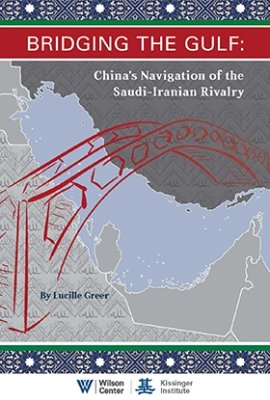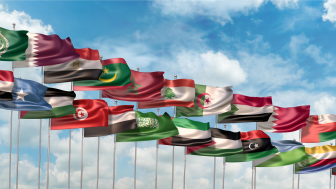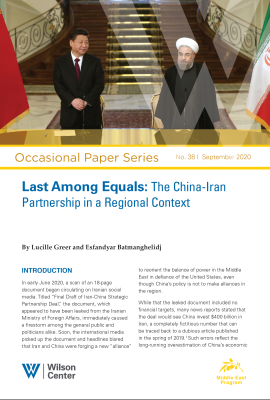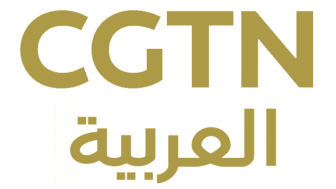Professional Affiliation
Foreign Affairs Specialist, Office of Deputy Assistant Secretary of Defense for Middle East
Expert Bio
Lucille Greer has conducted policy research in both the Middle East and China. While based in Jordan as a Boren Scholar, she researched Arab state perceptions of the Obama Doctrine in the Syrian Civil War through interviews in both English and Arabic. When she was in the Schwarzman Scholars program at Tsinghua University in Beijing, China, Lucille researched China’s engagement in Middle Eastern conflict resolution and the implications for American foreign policy. Her research interests include authoritarianism, security, intervention policy, sectarianism, and American foreign policy. She has served with the U.S. Department of State in both Washington, D.C. and Jeddah, Saudi Arabia. Lucille has a Master’s degree in Global Affairs from Tsinghua University and a dual-degree in Political Science and Middle Eastern Studies from the University of Tennessee.
https://www.linkedin.com/in/lucille-greer/
Wilson Center Project
Bridging the Gulf: China’s Navigation of the Saudi-Iranian Rivalry and the New Geopolitics of the Middle East
Project Summary
One of the most intriguing aspects of China’s foreign policy in the Middle East is its ability to sidestep entrenched rivalries and build relationships with all states in the region. The most stunning of these feats is China’s partnerships with both Iran and Saudi Arabia, whose animosities towards each other are so great it is being called the “Cold War of the Middle East.” There is much more to be understood about this curious geopolitical dynamic in Chinese foreign policy, in everything from their respective histories to the current waxing of animosities that touch on every issue area in the region. The implications of these questions for the United States’ policy in the Middle East are enormous, from the growth of anti-western sentiment in the region to the future of the U.S. as a foreign hegemon and security guarantor in the Middle East.
Insight & Analysis by Lucille Greer
- Book
- Strategic Competition
Bridging the Gulf: China's Navigation of the Saudi-Iranian Rivalry

- Past event
- Strategic Competition
Arab Views on Great Power Competition: Unpacking Arab Barometer Surveys

- Publication
- Strategic Competition
Last Among Equals: The China-Iran Partnership in a Regional Context

- Past event
- Strategic Competition
Ground Truth Briefing | China's COVID-19 Diplomacy in the Middle East

- Article
Solidarity and Strain: China and the Middle East During COVID-19


